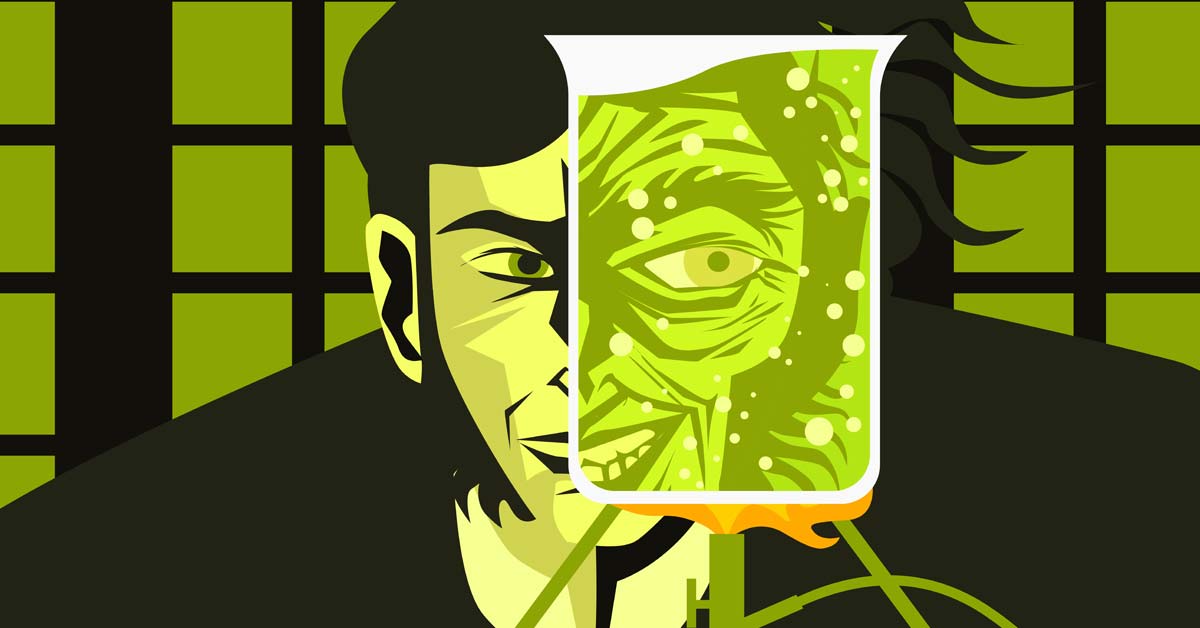
One of my favorite stories as a child was Dr. Jekyll and Mr. Hyde.
Dr. Jekyll, a kind, beloved doctor, discovers a way to separate his public persona from the dark urges he suppressed. When this happens, his repressed self – Mr. Hyde – begins to take over his life.
It is a wonderful story because it is about all of us. Individuals and groups of individuals always have both stated and unstated values. Many companies, for example, have inspiring stated values. When they put those values to music and combine them with a few testimonials, they move consumers to buy their products and services and their employees to sacrifice time and talent for the company.
Alas, in the day-to-day most companies operate by values never mentioned in their advertisements. Even those working at high levels in the company never hear these values spoken out loud. An employee nonetheless gradually learns that the company’s unstated values take precedence over the stated ones. Appeals to the company’s stated values can even lead to loss of employment.
The same is true for churches, clubs, and nations.
It is also true for individuals. We all have a set of values that differ, at least somewhat, from the values we profess.
We call the alignment of one’s stated and unstated values, integrity. Integrity is never airtight – there is always a bit of difference between one’s stated values and unstated values. Nor is integrity a permeant state. Integrity requires continual awareness, vulnerability, and never-ending adjustment.
Protestants describe the continual reach for the church’s stated values in the phrase “semper reformata,” which means “always in the process of reformation.”
It is a helpful concept for all Individuals and groups who long for integrity.
Integrity is not for the faint of heart because it is more honored in theory than in practice.
Most people sincerely believe they are committed to their stated values. Unfortunately, we hide from ourselves the things we do not like about ourselves. We simply fail to recognize the many ways we violate our own stated values.
Again, this is true of both individuals and groups.
A recovery journey – whether undertaken with a therapist, a spiritual director, or some other source of honest feedback – involves becoming aware of one’s unstated values. Carl Jung called this “meeting the shadow.” This occurs when we acknowledge the pieces of ourselves that we have refused to acknowledge. Meeting the shadow forces us to make a decision: whether we will consciously embrace those suppressed pieces of ourselves, or, if we believe them unhealthy, seek help to eliminate them.
Groups, (just as individuals) only meet their shadow when there is a crisis. This can occur when some consultant, internal dissident, journalist, or another kind of irrepressible voice, uncovers the shadow. Usually, most of the group responds with passionate denial. Some in the group will look for ways to eliminate the source of the disclosure. Others will spin a narrative that explains the new information in ways favorable to the group. Yet others will begin asking whether reform is possible.
All groups – especially nations – wish to tell the best story about themselves to themselves. This is natural and mostly healthy. This is how younger members of the group acquire the group’s noblest values. However, groups also tend to suppress their past shortcomings, crimes, and failures. This tendency leads to whitewashed histories that obscure the group’s shadow self. That is why, bringing up any part of the banished information often provokes hostility — even violence.
In the Bible, individuals and nations are offered “the gift of repentance,” after meeting the shadow self. God exposes to the person or the nation the parts of themselves they have been hiding from themselves. If the individual or the nation acknowledges the shadow’s existence, they can “turn their feet toward the Lord’s decrees.”
For those who desire integrity, repentance is a lifestyle. One doesn’t do it once and then move on. Apologies, contrition, accountability, and continual course correction become a part of one’s thoughts, words, and deeds.
It’s not a very popular way to live these days.
But it is the way to integrity – and to that state of being the bible calls ‘shalom’ – flourishing.
